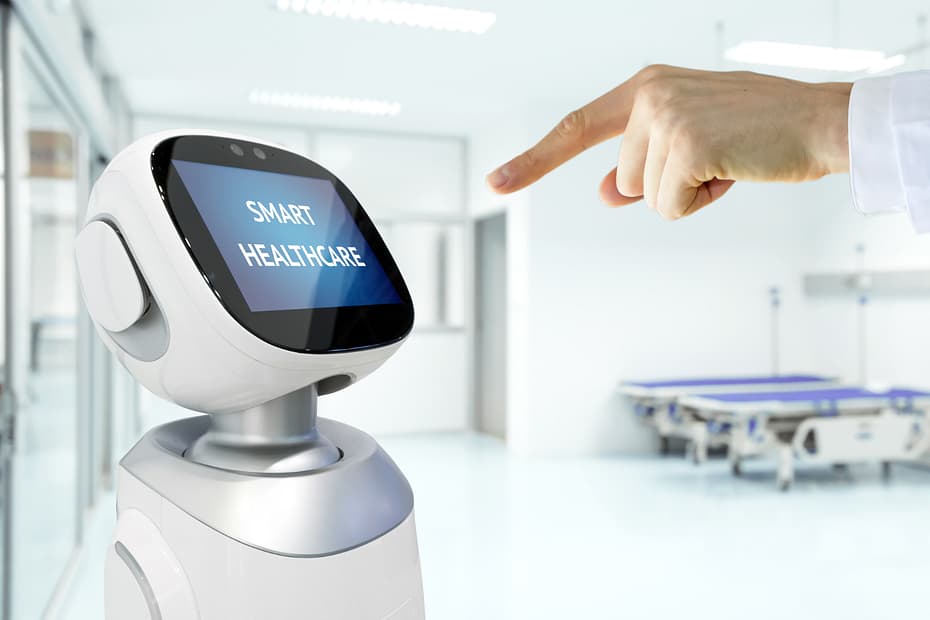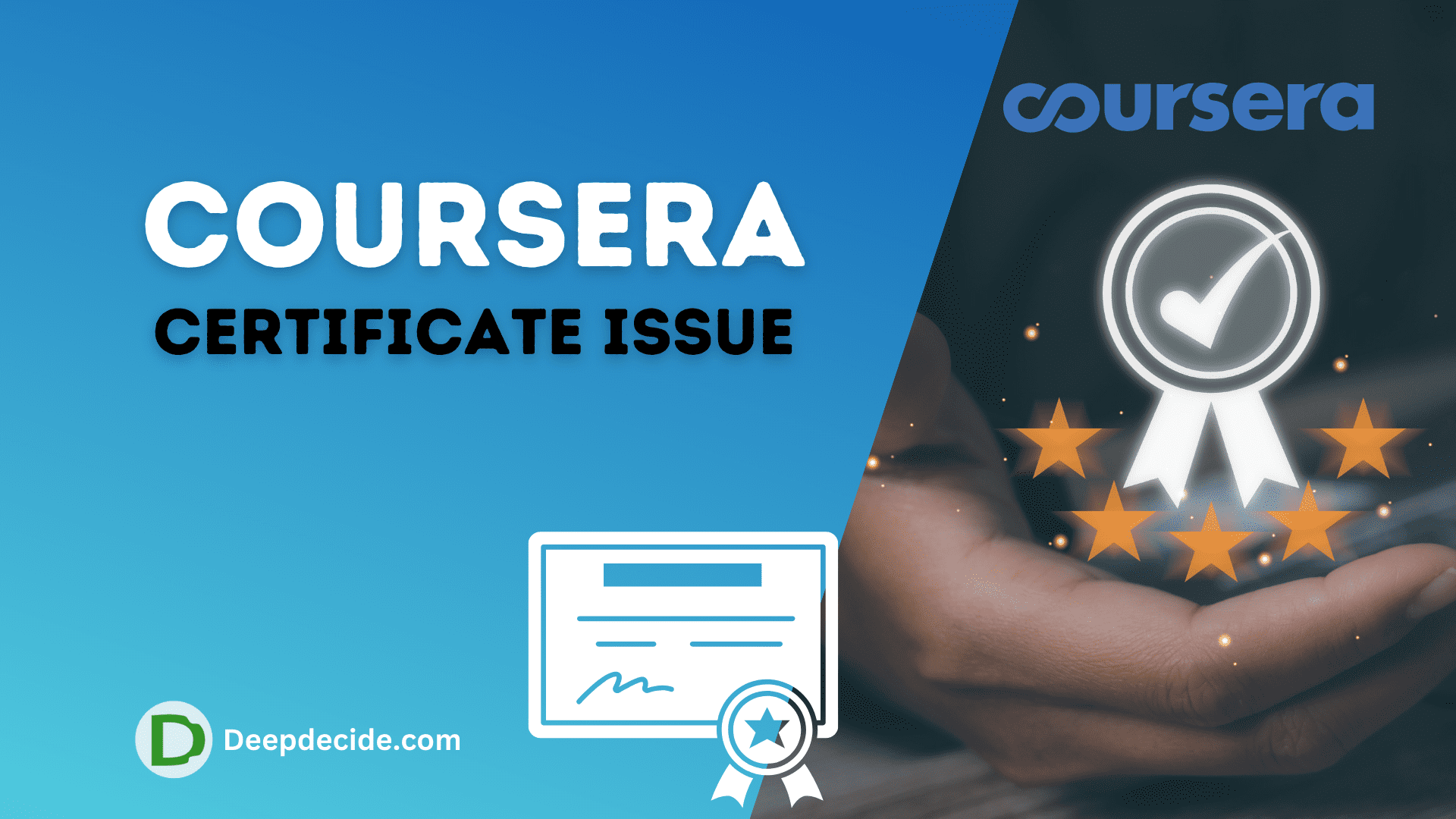Last Updated on: 27th June 2023, 10:22 am
Artificial intelligence (AI) is transforming the healthcare industry, from medical diagnosis to drug development.
AI technologies have the potential to revolutionize healthcare by improving patient outcomes, reducing costs, and increasing efficiency.
Benefits of Artificial Intelligence in Healthcare
1. Improved Diagnosis
One of the main benefits of AI in healthcare is its ability to improve diagnosis. AI technologies can analyze large amounts of data, such as medical images and patient records, to detect patterns and identify potential health issues.
This breakthrough can potentially result in timelier detection and more impactful therapies, revolutionizing the field of diagnosis and treatment.
2. Personalized Treatment
AI can also be used to develop personalized treatment plans for patients. By analyzing patient data, such as genetics and medical history, AI can identify the most effective treatments for each individual patient.
Embracing this advancement can pave the way for improved results and significant savings in healthcare expenditures, fostering a transformative impact on patient outcomes and financial sustainability.
3. Increased Efficiency
AI technologies can also increase efficiency in healthcare. For example, chatbots can be used to answer patient questions and schedule appointments, freeing healthcare professionals to focus on more complex tasks.
AI can also be used to automate administrative tasks, such as medical billing and record keeping.
Risks of Artificial Intelligence in Healthcare
1. Data Security
One of the main risks of AI in healthcare is data security. Patient data is highly sensitive and must be protected from unauthorized access.
AI systems must be designed to ensure data privacy and security.
2. Bias
AI systems can also be biased, particularly if they are trained on biased data.
This drawback can potentially result in flawed diagnoses and treatment strategies, disproportionately impacting marginalized populations and underscoring the need for equitable healthcare solutions.
It is important to ensure that AI systems are designed and trained to be unbiased.
3. Lack of Human Interaction
AI technologies can also lead to a lack of human interaction in healthcare. While chatbots and other AI tools can be useful for basic tasks, they cannot replace the human connection between healthcare professionals and patients.
It is important to ensure that AI is used to augment healthcare, rather than replace it.



